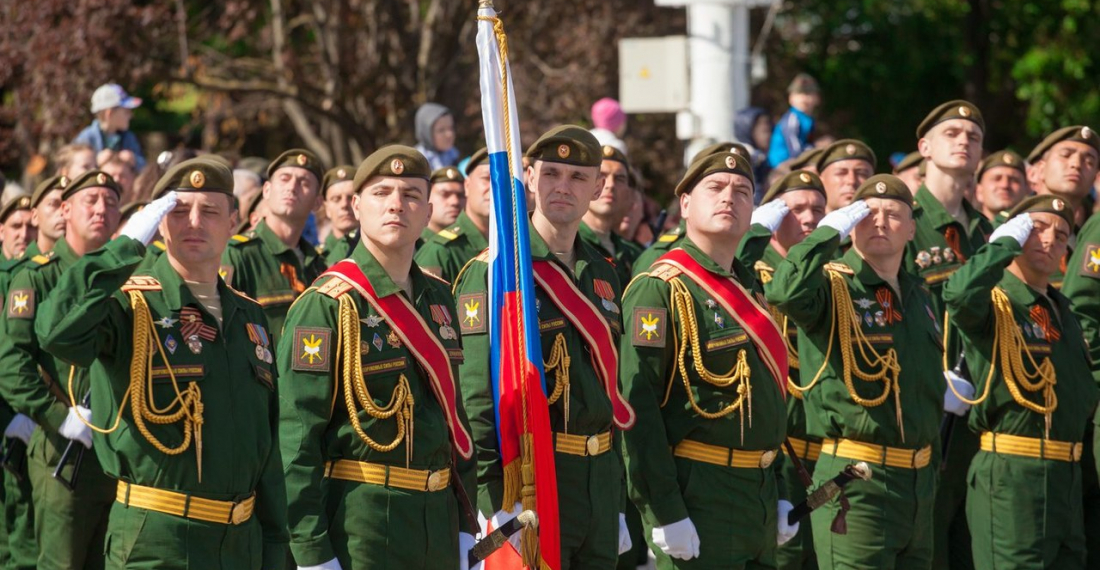Moscow will hardly be able to accept the statement of the elected President of Moldova, Maia Sandu, about the need to withdraw Russian peacekeepers from Transnistria. This was stated on Tuesday by Russian Foreign Minister Sergei Lavrov at a press conference following a meeting of the Council of Foreign Ministers of the countries participating in the Collective Security Treaty Organization (CSTO CFM) in an online format, TASS news agency reported.
"It is difficult to judge what specifically Mrs. Sandu had in mind when she announced the need to withdraw the Russian peacekeepers, but the fact that this will hardly help the settlement and we will hardly be able to accept such a rather irresponsible demand ... Let's face it, this is a fact," he said.
Lavrov noted Sandu's statements both about the priority of the European direction in the development of external relations of Moldova, and about the intention to maintain good relations with the Russian Federation. "Good relations with any country - it is important for us how relations with Russia are considered by the new president of Moldova, - presuppose taking into account mutual interests and taking into account the agreements that were reached before," he said.
For three decades Russia has pretended that its military base on the Moldovan territory of Transnistria was a "peacekeeping force", despite several attempts by the Moldovan government to end its mandate and accusations that it promoted separatism. The base was originally part of the Soviet Union's 14 Guards Army. After the Soviet Union collapsed the Russians never left.
Earlier this week, commonspace.eu reported that Moldova's president-elect, Maya Sandu, had called for the withdrawal of Russian forces and equipment from Transnistria.
"In Transnistria there is an operational group of troops of the Russian Federation, regarding which there have never been agreements on the part of Moldova. Therefore, the position of the state is that these troops should be withdrawn, and weapons should be removed from the territory of our country," Sandu said during a press conference on Monday (30 November)
Sandu also spoke in favor of replacing the Russian troops in Transnistria with a civilian observer mission under the auspices of the OSCE.
"Due to the fact that there has been no danger of armed clashes for a long time, the position of the Moldovan side is that this [peacekeeping] mission should be transformed into a civilian mission under the auspices of the OSCE," she said.
source: commonspace.eu with TASS news agency and other media outlets.
photo: Russian troops parading in Tirspol, Trasnnistria in 2017 archive picture)






